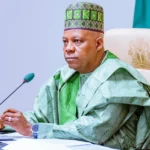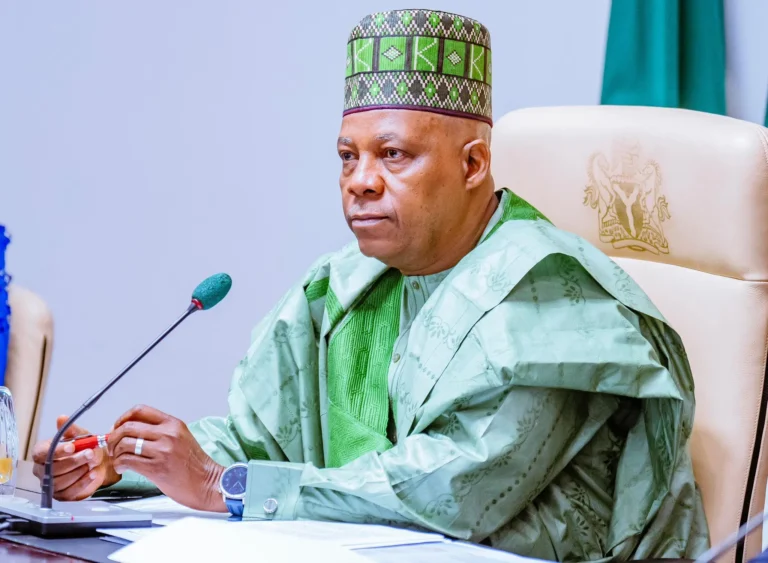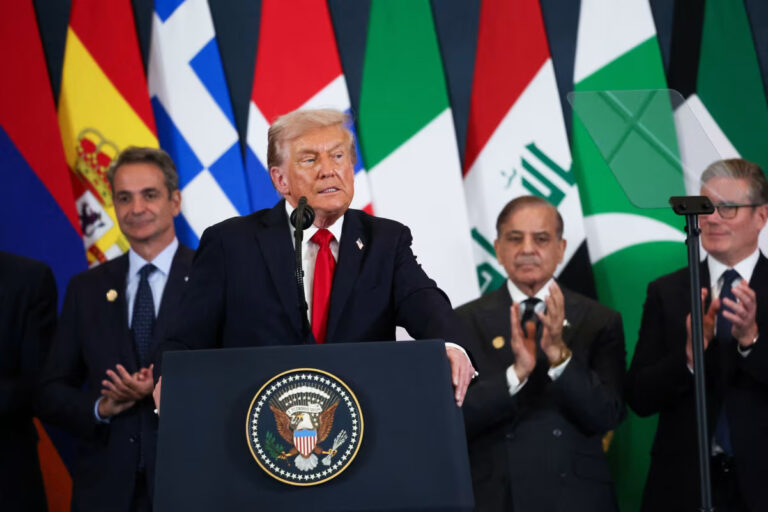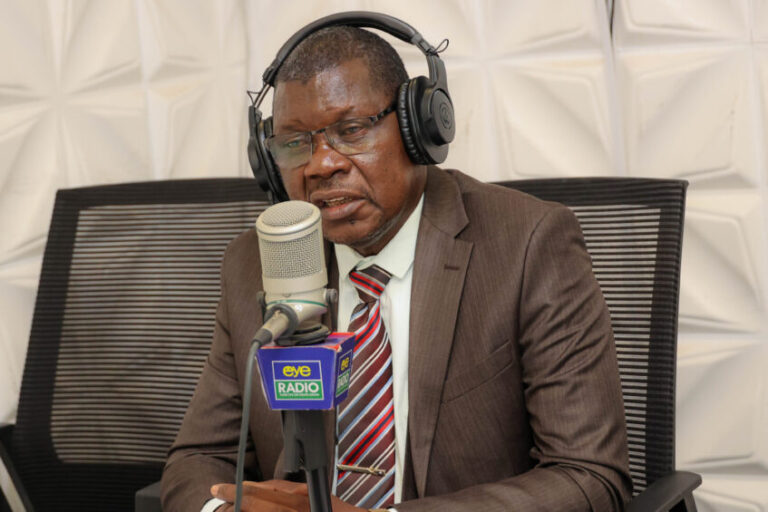
MOGADISHU (Somaliguardian) – A recently implemented e-visa system by Somalia’s federal government has caused disruption and confusion among travellers to the self-declared republic of Somaliland, a breakaway region in the north of Somalia.
Airlines, including those based in the United Arab Emirates, have begun asking passengers travelling to Hargeisa – the capital of Somaliland – whether they hold the Somali e-visa, with some travellers being denied boarding for not possessing it.
The new requirement has left many members of the Somaliland diaspora stranded or forced to change plans, as they were unaware that the e-visa applied to Somaliland – a region over which the federal government in Mogadishu has no administrative control.
Dual visa burden
The Somali e-visa, which costs approximately $64 (with additional fees in some cases), is required for all foreign passport holders travelling to Somalia, regardless of the region or city. However, upon arrival at Hargeisa’s Egal International Airport, travellers are also being asked to pay an additional visa fee to enter Somaliland, leading to complaints over a “dual visa” burden.
Several travellers have expressed frustration at what they describe as a lack of coordination between Mogadishu and Hargeisa, especially given Somaliland’s assertion of independence and its separate immigration system.
The situation has also affected Somaliland officials. Some ministers are reported to have been stopped at airports in Dubai and elsewhere, facing the ultimatum of either showing the Somali e-visa or being refused boarding – despite Hargeisa not recognising Mogadishu’s authority.
Political implications
Somaliland declared independence from Somalia in 1991 but is not internationally recognised. It operates its own government, military, and currency, and maintains a separate visa regime.
Analysts warn that the implementation of the federal e-visa, without consultation or coordination with Somaliland authorities, risks deepening tensions and further complicating any future negotiations between the two sides.
“The e-visa policy, while well-intentioned for security and revenue, is being viewed in Hargeisa as an overreach,” said a former Somali diplomat. “This could entrench division at a time when dialogue is already fragile.”
Despite calls from political commentators and former officials for a mutual agreement on visa arrangements, the Somali federal government led by President Hassan Sheikh Mohamud has yet to respond publicly.
Critics say a coordinated system, possibly allowing revenue-sharing or mutual recognition of visas, could help avoid confusion and maintain lines of communication between Mogadishu and Hargeisa.
Contact us: info@somaliguardian.com










